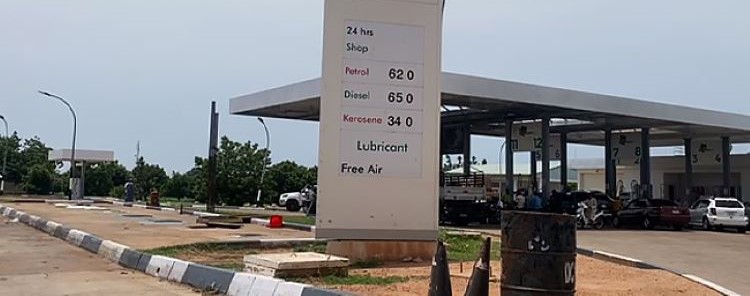(3 Minutes Read)
Nigerians are paying more for fuel, spending as high as N1,300 per liter in various parts of Nigeria. Also, petrol scarcity is worsening due to uncertainties created by the government’s indecision. While policymakers dither, the average citizen grapples with erratic fuel supplies and soaring prices.
While the Nigerian government said petroleum subsidy was gone since May 29, 2023, the price has remained fixed till today, suggesting that market forces still do not determine the price.
Millions of Nigerians are suffering because of this uncertainty. They are paying more for fuel, spending as high as N1,300 per liter in various parts of Nigeria. Also, petrol scarcity is worsening due to uncertainties created by the government’s indecision. While policymakers dither, the average citizen grapples with erratic fuel supplies and soaring prices.
The ripple effects of the subsidy dilemma are visible across Nigeria. Some analysts say that economic reforms are taking a major toll on the northern states where the poverty is highest. The increase in the pump price of petrol by 50.1 percent, from N568 to N855 per litre, would take N5 trillion from Nigerian consumers to the government and heighten energy poverty. President Tinubu had, in his inaugural address on 29 May 2023, announced the removal of the subsidy to lift a major financial burden off the back of the government.
Read Also:
https://trendsnafrica.com/working-3-days-a-week-in-parts-of-nigerian-due-to-fuel-crisis/
The announcement sparked the increase in fuel price from N197 to between N480 and N570, which immediately triggered a rise in transportation fares and prices of goods and services in the country.





